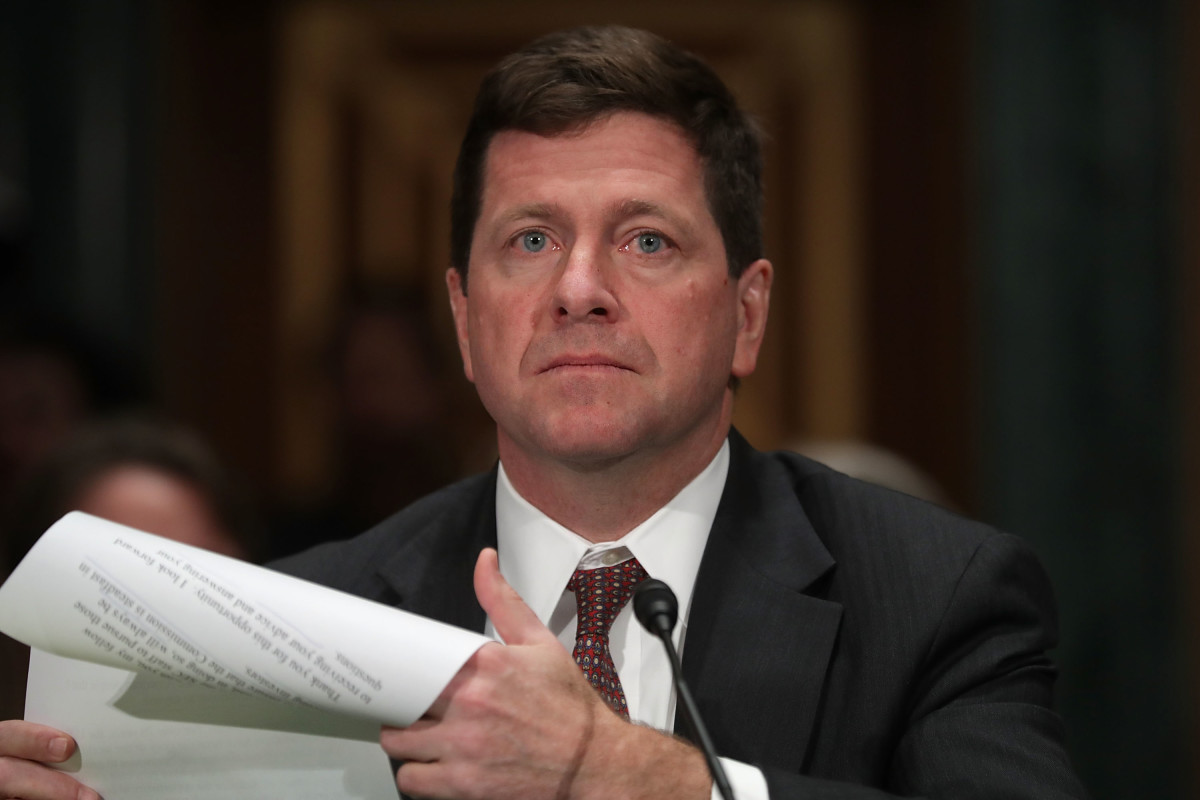I am happy to get a chance to take a pause from depressing COVID-19-related surrogacy updates to bring you some good news for once. And the news is extra sweet because it’s the fruition of an advocacy effort that has lasted years and overcome significant hurdles.
Last week, at the eleventh hour of the Empire State’s 2020 legislative session, the Governor’s Budget passed and included an overhaul to the state’s surrogacy law. After over 30 years of criminalizing surrogacy arrangements, the new law embraces gestational surrogacy (where the surrogate is genetically unrelated to the child she is carrying) as a legitimate path to parenthood and deserving of legal protection. Cue the cheering and fireworks!
Thanks To A Lot Of Hard Work And Governor Cuomo
I spoke with attorney Denise Seidelman, an assisted reproductive technology attorney and a Director of the New York Attorneys for Adoption and Family Formation (NYAAFF). The NYAAFF, along with others, has been working tirelessly for years to reverse the draconian surrogacy law in the state, which has forced parents to incur added expenses and inconvenience to travel to other jurisdictions. Thankfully, no one was actually imprisoned due to the law, but the threat of jail time for entering into an arrangement common throughout the United States was still a little absurd.
In 2019, the surrogacy-supportive Child Parent Security Act (CPSA), which is the title of the bill that is now becoming law in 2020, came so close to passing! And even this year things started to look a little hairy with the introduction of a competing surrogacy bill by New York State Senator Liz Kruger.
But it happened! It passed! And now, or at least starting in February 2021, New Yorkers won’t have to look to other jurisdictions when it comes to family-building options.
In addition to crediting the tireless hours of work from the NYAAFF team (including, among others, Nina Rumbold, Laurie Goldheim, Rebecca Mendel, Casey DiPaola, Joe Williams, Brian Esser, Anthony Brown, and Amy Demma), Seidelman felt that significant credit was owed to Gov. Andrew Cuomo. Cuomo is on something of a hot streak right now. Despite the coronavirus taking over all aspects of New Yorkers’ lives, and the Cuomo’s office working around the clock on pandemic problem-solving, Seidelman said their cause was not forgotten. With late-night and early morning calls, the Governor’s team made sure the CPSA was not lost in the chaos.
The Surrogate Bill Of Rights
Included in the new law is a “Surrogate Bill of Rights.” Overall, having a bill of rights like this is an excellent idea, but with a few practical complications. The provisions include:
- Health and Welfare Decisions. The surrogates have the right to make all health and welfare decisions regarding themselves and the pregnancy, including but not limited to whether to consent to a cesarean section or multiple embryo transfer, to utilize the services of a healthcare practitioner of their choosing, and whether to terminate or continue the pregnancy. The terms generally make sense, but leave some ambiguity. Do they mean that a surrogate can choose pricey out-of-network healthcare providers at the intended parents’ expense, or make negative health decisions in breach of a bona fide contract when it comes to alcohol or drug consumption without any consequences?
- Independent Legal Counsel. The surrogate has the right to independent counsel of her choice, licensed to practice in New York and paid for by the intended parents. Yes! Definitely a good thing. So for you New York attorneys looking to expand your practice into assisted reproductive technology law, now’s your chance, starting in Spring 2021.
- Counseling And Medical Insurance Coverage. The statute provides that “a person acting as a surrogate has the right to obtain a comprehensive health insurance policy that covers behavioral health care and will cover the cost of psychological counseling to address issues resulting from their participation in a surrogacy and such policy shall be paid for by the intended parents.” This is in addition to intended parents being required to pay for a surrogate’s health insurance for a minimum of 12 months after the conclusion of the pregnancy. Yes, 12 months is an especially long time, in this context, barring medical complications.
I spoke with Sarah Paige, an assisted reproductive technology insurance specialist with ART Risk Financial & Insurance Solutions (and guest expert on the podcast I Want To Put A Baby In You). Paige explained that the 12 month requirement is much longer than the typical insurance coverage terms which are generally around three months. The 12 month requirement would significantly raise costs for intended parents — who now need to pay insurance premiums for around nine additional months and who would likely now be subject to at least two different “out of pocket maximums” as the set ceiling on costs reset each year.
- Life Insurance. In addition to the extensive medical and behavior health insurance, intended parents must pay for the surrogate to have a life insurance policy of at least $750,000 (or the maximum amount she qualifies for, if less) in benefits. Life insurance is always a good idea. After all, pregnancy does carry a risk of death. Paige, who likes the increased coverage requirement, nevertheless, explained that the market life insurance policy for a surrogacy arrangement is currently $250,000. To qualify for a term life insurance policy of $750,000 a surrogate would generally need to make an income of over $125,000 a year. Paige explained that there are accidental death policies that do not take income into account, albeit at a significant cost, again increasing the cost for intended parents undergoing surrogacy in New York.
- Termination Of The Agreement. Under the new law, the surrogate can terminate the surrogacy arrangement without liability at any time before a pregnancy, as can the intended parents. That makes sense, since before the pregnancy has begun, the parties ought not be coerced into proceeding with a surrogacy. In other words, both sides need to be in an Empire State of Mind.
Interestingly, while Kruger’s competing surrogacy bill had provided for a legally protected path even for genetic surrogacy (also known as “traditional surrogacy,” where the surrogate is genetically related to the child), the new law leaves genetic surrogacy as still criminalized. That form of surrogacy is much less common these days, so maybe it’s no surprise that legislators were less focused on it.
In sum, the new law does pose some inconveniences for couples trying to grow their family in New York. But inconveniences are a lot better than strict prohibitions. So, despite not being quite perfect, the new law is a major leap forward and a huge win for Seidelman, NYAAFF, Cuomo, and the rest of the state. Congratulations!
Ellen Trachman is the Managing Attorney of Trachman Law Center, LLC, a Denver-based law firm specializing in assisted reproductive technology law, and co-host of the podcast I Want To Put A Baby In You. You can reach her at babies@abovethelaw.com.









 Kathryn Rubino is a Senior Editor at Above the Law, and host of
Kathryn Rubino is a Senior Editor at Above the Law, and host of 




